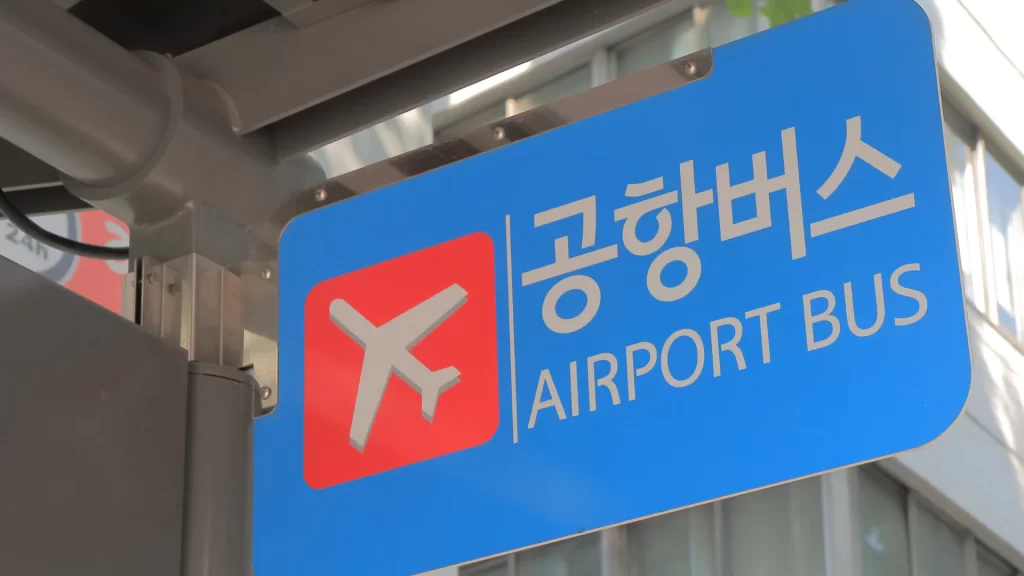How to Plan for an International Relocation from Korea

Sufficient preparation is instrumental in enhancing the degree of convenience of undertaking the process and reducing the impact of stress. This document offers useful tips to help you plan and execute your international relocation systematically.
1. Research Your Destination
Prior to commencing the process of relocation consider going ahead and collecting information regarding the area you will be moving to. This includes looking at the culture of the people, the laws of the country together with the local government especially with respect to immigration, taxation, and housing among other issues. If medical attention, mobility and schooling are things you have to consider, investigate the respective services available in the area you are moving to. The adjustment will be easier once you appreciate their way of life.
Also, do consider going through the forecast and the expenses. Understanding these factors will help you in deciding on the type of clothing to carry as well as prepare one for the kind of life they should expect to lead in a foreign country.
2. Sort Out Visas and Documentation
Obtaining the right type of visa is one of the challenging stages. There are different types of visas for different reasons for relocation such as employment, studies, or bringing family members. If just moving for a few weeks, a business visa is advisable, for other reasons check with the embassy or the consulate of the country you’re moving to for all the details and apply before it is too late as it can take weeks even months.
Also visa in place, make sure to put in place supporting documents. Other documents may include but are not limited to the following:
- Passport (valid for at least six months beyond your travel dates)
- Work contracts or offer letters
- School /University admission letters
- Medical/nursing vaccinations and medical records
- Birth and marriage certificates where applicable
Make sure to keep both digital and printed versions of these documents for your convenience.
3. Plan Your Finances
It goes without saying that moving internationally bears high monetary costs, thus a budget must be drawn. Do not forget to factor in the following expenses:
- Cost of visas and relevant document processing
- Cost incurred in sending personal effects
- Cost of air travel inclusive of travel insurance
- Hotel expenses incurred immediately upon arrival
- Housing expenses in the case of rented houses or bough houses
Set up a bank account in the same country you are relocating to, if you can. If you cannot make that possible, find and compare ways to send money so that you do not run out of money easily when you reach your destination.
4. Declutter and Organize
Pricing strategies of most shipping lines are often weight or volume based therefore ensuring minimal packing is crucial. Decide what to keep, throw away, sell or donate. Take necessary and treasured belongings, but leave behind items that are readily available in the new county.
Consider the pros and cons of various shipping methods, such as air cargo for time-sensitive parcels and ocean shipping for larger, less urgent items. Numerous relocation agencies in South Korea deal with overseas moving and they also facilitate customs clearance and logistics of the transport.
5. Notify Relevant Parties
Let important people in your life know that you are relocating. Give your work, school or landlord advance notice of your last day, and pay your tabs. Terminate services, memberships, and subscriptions, and inform changes in contact details for banks, tax authorities, and other services.
6. Culturally Prepare Yourself
Adjusting to one’s new residence that includes a new culture, social norms, and language comes with the movement to another country. If the destination country does not use the Korean language, it would be a good idea to know a few useful words in the local language. Find a language course or download an application in order to learn more about the language of the country you are about to travel to.
Participating in the expatriate’s as well as Korean cultural experience of the point of the destination can be quite of help and so help in making the person feel at home.
7. Hire an International Moving Company
When relocating overseas, engaging the services of a reputable moving company is often the most simplistic solution. In the case of moving out of Korea and in the case of an international moving line of business, seek for movers who have the infrastructure and the expertise, and more importantly, such services should include packing, custom clearance, and moving into your new house.
When it comes to organizing any international relocation from South Korea, it would take both patience and keen detail. By commencing the plans for international relocation of residence in good time, scheduling the tasks and even engaging the relocation professionals, one can be able to bring down the stress levels associated with the process and concentrate on the fascinating new experiences that are in store in the new place. Happy trips!
